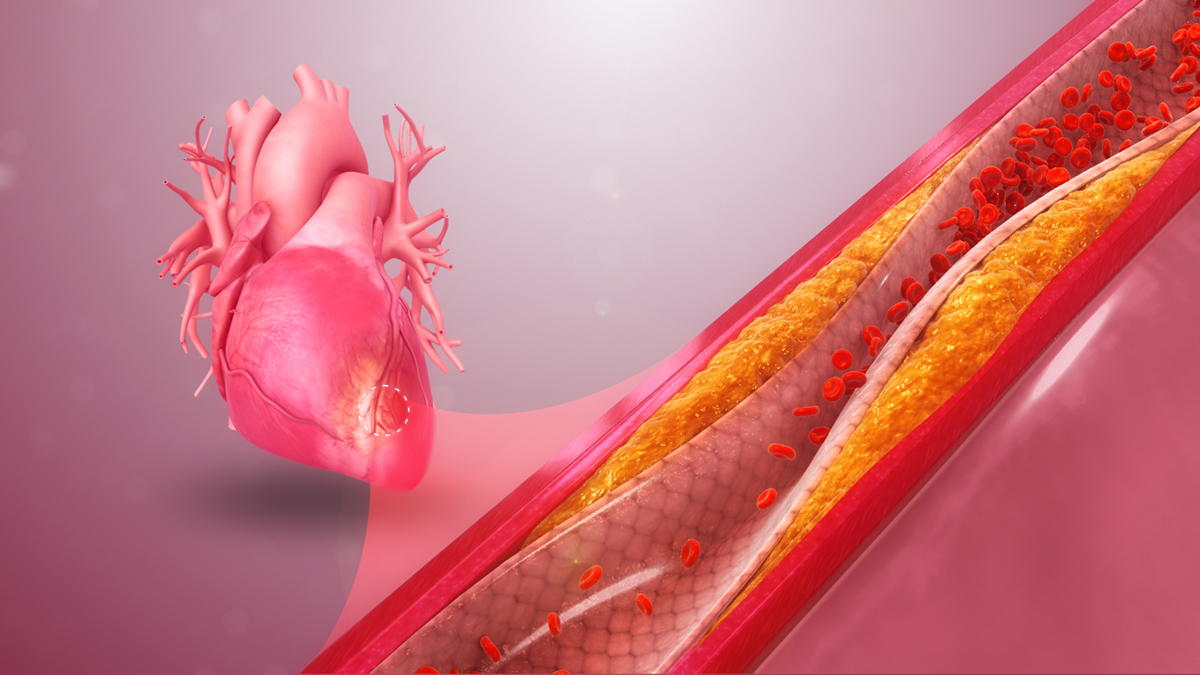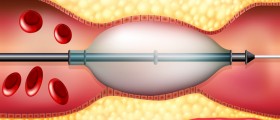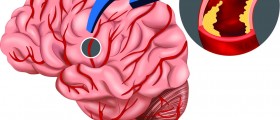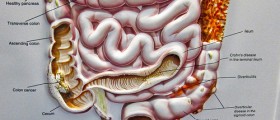
Bowel ischemia or intestinal ischemia develops as a consequence of obstruction in blood flow in bowel (intestinal) blood vessels. Both small and large intestine can be affected. This is a serious medical condition and if left untreated it may cause lethal outcome. Bowel or intestinal ischemia features with intensive pain and in severe cases the damage to tissue leads to their necrosis.
Clinical Characteristics of Bowel Ischemia
The symptoms usually develop all of a sudden (acute bowel ischemia) and in some cases they develop gradually (chronic bowel ischemia).
In case of acute form of the disease patients most commonly complain about sudden abdominal pain, an urgent need to have bowel movement, frequent and forceful bowel movements, abdominal tenderness and distension, blood in the stool, nausea, vomiting and fever.
In chronic ischemia patients usually complain about abdominal cramps or fullness that generally start 30 minutes after eating and last for up to three hours, abdominal pain (that tends to become more severe over weeks or months), fear of eating because of subsequent pain, weight loss, nausea, vomiting, diarrhea and bloating.
Causes of Bowel Ischemia
Bowel ischemia develops as a consequence of blood flow cease through the major arteries that supply the intestine with blood. In some cases the actual cause of ischemia is a blockage due to a blood clot and in others the blood vessels narrow as a consequence of buildup of deposits. Bowel ischemia is classified into colon ischemia (ischemic colitis), acute mesenteric ischemia and chronic mesenteric ischemia. In some cases ischemia occurs since blood simply cannot leave the intestine.
Treatment for Bowel Ischemia
The goal of the treatment for bowel ischemia is to restore a sufficient blood supply to the intestine.
In case of colon ischemia doctor may recommend antibiotics if there is some kind of infection or if he/she wants to prevent infection. Furthermore, it is essential to treat any underlying condition such as congestive heart failure. All medications that cause constriction of blood vessels are discontinued. Colon ischemia may sometimes withdraw spontaneously.
Acute mesenteric artery ischemia requires surgical removal of a blood clot, bypass of an artery blockage or repair/removal of a damaged section of the intestine. Additional treatments include medications that prevent excessive blood clotting. Angioplasty is another surgical procedure performed in people suffering from acute mesenteric artery ischemia.
Chronic mesenteric artery ischemia requires restoring of the blood flow to the intestine. This is achieved with an artery bypass, angioplasty or stenting.
And finally, ischemia due to mesenteric venous thrombosis is treated with anticoagulant medications. These medications are usually taken for 3-6 months, but in some cases they must be taken permanently. Damaged sections of the intestine are surgically removed.

















Your thoughts on this
Loading...